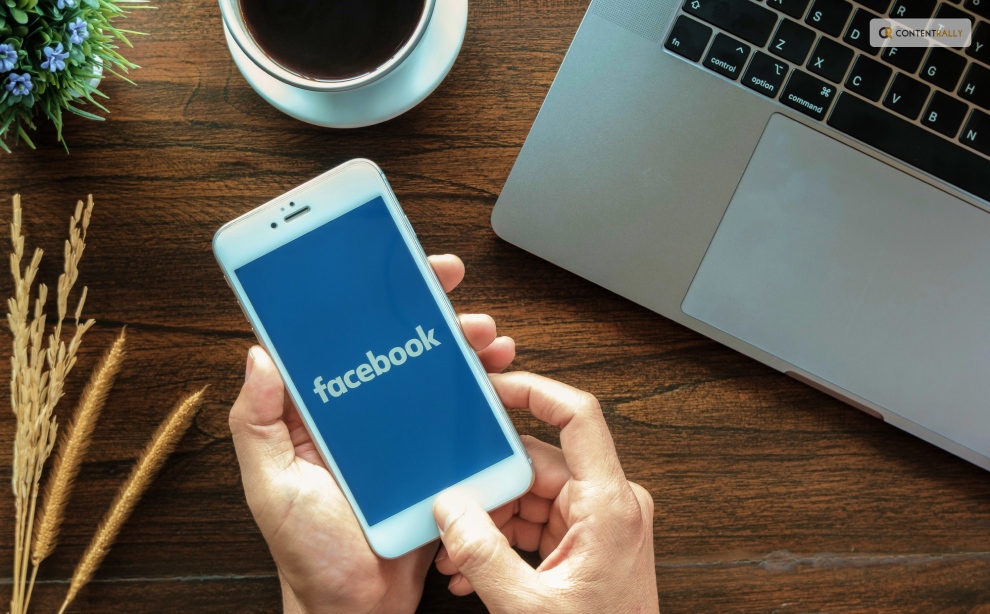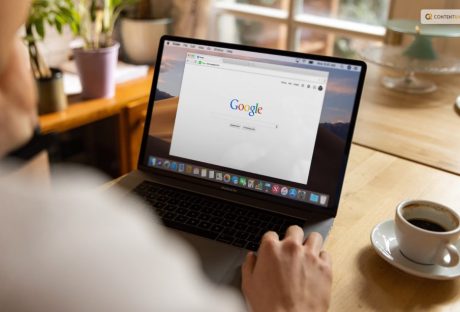Millions of users have applied for a share of the money that Facebook agreed to pay out as part of the court deal after the social media platform settled a multi-million dollar privacy lawsuit this year.
More than 500,000 Americans who applied have had their settlement claims denied since the application deadline; additional rejection letters might still be arriving as claims are processed.
If you applied, here is all the information you need to know, including where to check the status of your application, how to determine if it has been rejected, and why it can be difficult to predict when you will receive your payment.
Tech behemoth Meta, the owner of Facebook, settled a privacy lawsuit and agreed to reimburse users of its platform who were adversely affected by its poor practices with an impressive $725 million. Facebook users received a notification in April letting them know they could apply.
Users had until August 25th to submit an application after it opened over the summer. By September 7th, more than 17 million claims had been preliminary validated.
The settlement was finally approved by the judge on October 11th, but only after numerous objections. We are currently in the appeals period, and two objectors have submitted appeals thus far.
The Hill reports that Angeion, the company handling the case, has received applications for a settlement from 28 million Americans. As a result, it is the most claims filed in US history. Five hundred thousand of those claims have already been denied, as we have discussed.
Should your claim be among the unfortunate ones to be denied, you might have received an email informing you of this already. Make sure to examine both your inbox and the spam folder of the email address you provided when submitting the claim application. You have ten days from the time of rejection to file an appeal.
Having Angeion verify your claim could be worthwhile. Errors do occur when businesses are processing this volume of applications, and this is the largest single claim in American history.
Read Also:























